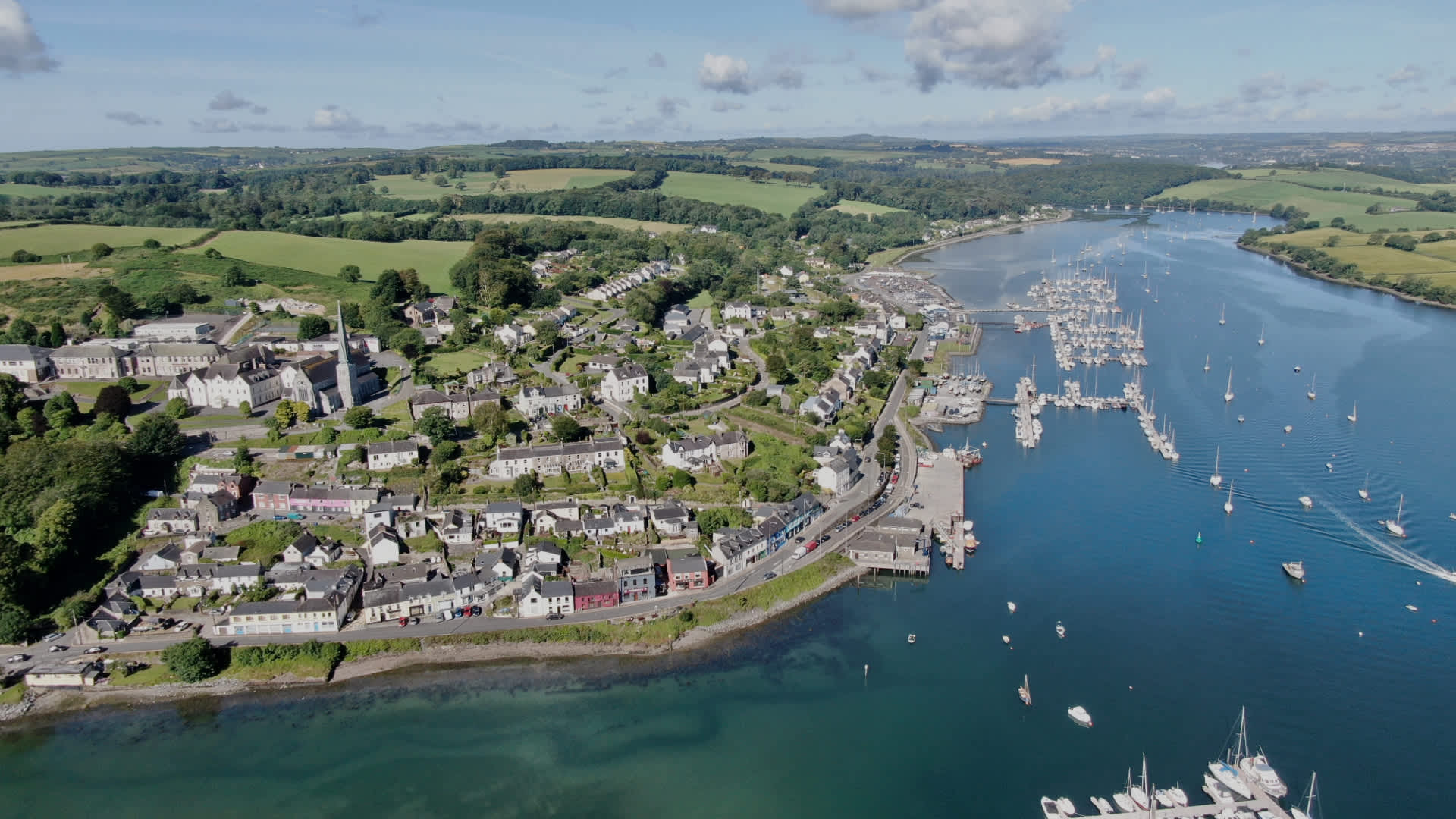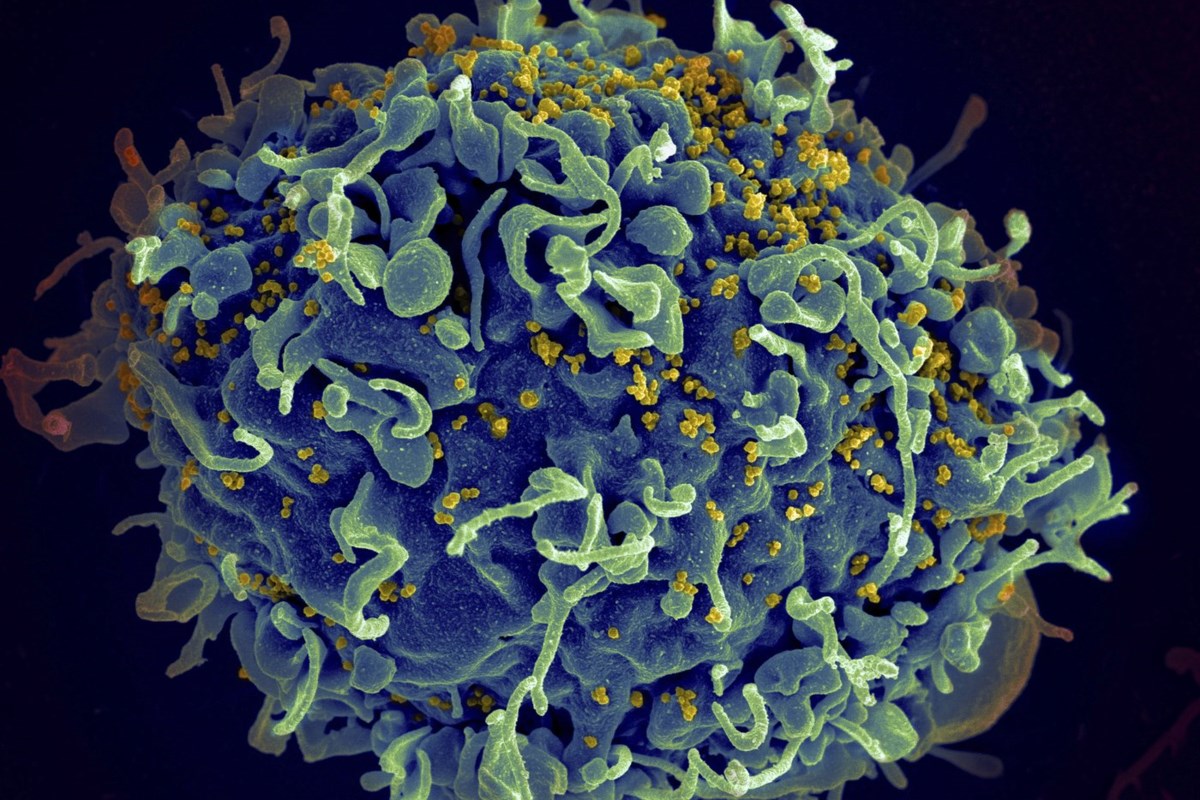Cruise Ship Pollution Crisis: 250 Times Above Safe Levels Detected at Irish Port

Imagine stepping off a luxurious cruise ship, only to find yourself engulfed in toxic air that's 250 times more polluted than what's considered safe. This shocking reality hit home recently at Cobh, a port in Cork Harbour, Ireland.
In a revelation that's stirring waves worldwide, air quality readings captured at Cobh have unmasked a staggering level of ultra-fine particles—250,000 per cubic centimeter—from cruise ships. The World Health Organization deems just 1,000 particles as the upper limit of safety. These floating giants aren't just vessels of leisure; they're massive polluters, releasing black carbon or soot, which poses grave threats to both human health and our climate.
The environmental footprint of cruise ships isn't a new concern. Cities like Amsterdam, along with various locations across Florida, Maine, Alaska, and California, are already taking action by imposing restrictions on these colossal ships, citing pollution and over-tourism. The situation is so dire that ocean advocates are ringing alarm bells over the ships' scrubber systems. These systems might seem environmentally friendly as they scrub harmful chemicals from emissions, but the reality is far bleaker—they dump these toxins straight into our oceans.
Experts like Kåre Press-Kristensen advocate for immediate solutions, such as shore power facilities. These would allow ships to connect to local electricity grids, significantly cutting down on emissions while docked. Additionally, efforts to establish the Northeast Atlantic emission control area are underway, which could mandate cleaner fuels by 2027, pending policy adoption.
With this alarming information coming to light, it's evident that the cruise industry's environmental impacts are under intense scrutiny, calling for urgent and robust measures to control air and marine pollution.





























